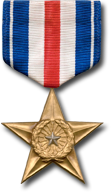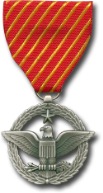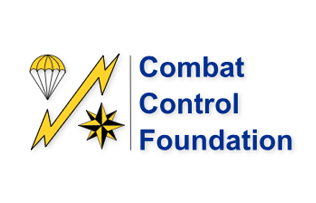Mark’s biography got a favorable review from Kirkus Reviews recently. Here are a few excerpts:
-“Accounts of battles in Uruzgan Province are poignant and detailed, providing context often lacking in media coverage of U.S. fighting there…”
-“Succeeds as both individual homage and in enlarging appreciation for military sacrifice.”
-“The telling is one only a brother could achieve. Thad’s collaboration with wordsmith Glencoe is seamless in style, tone, and clarity throughout as they effectively weave small personal experiences into a coherent tapestry of Mark’s character. The book excels at showing how combat deaths affect families, friends, and fellow service personnel and how such losses can inspire others.”

The full review is below:
KIRKUS REVIEW
A tribute biography to an Air Force combat controller killed in Afghanistan.
In this intimate debut, told from the author’s point of view but filled with reminiscences by others, Forester thoroughly explores the life, service, death, and legacy of his brother and best friend, Senior Airman Mark Andrew Forester, shot through the heart while trying to reach a fallen comrade on Sept. 29, 2010. Mark grew up in a small Alabama town, the youngest of five children in a middle-class Mormon family. A carefree childhood of hunting, four-wheeling, rock climbing, and video games helped him hone skills he’d later use as a combat controller, fighting alongside ground troops while coordinating close air support. Patriotism, faith, and resolve came naturally to him. When the attacks of 9/11 occurred in the middle of his two-year LDS mission service, the 20-year-old found a new calling: “God wants me to kill terrorists.” He first went to college, then enlisted. Reprinted Air Force fact sheets describe the grueling three-year training regimen to become a combat controller, which should convince any reader of the discipline required. His Bronze Star testifies to his valor, and individuals from childhood, church, college, and the military bear witness to Mark’s exceptional commitment to his ideals, family, and friends. The telling is one only a brother could achieve. Thad’s collaboration with wordsmith Glencoe is seamless in style, tone, and clarity throughout as they effectively weave small personal experiences into a coherent tapestry of Mark’s character. The book excels at showing how combat deaths affect families, friends, and fellow service personnel and how such losses can inspire others. Accounts of battles in Uruzgan Province are poignant and detailed, providing context often lacking in media coverage of U.S. fighting there, but this is not a book for those seeking broad discussion of U.S. military policy or varied viewpoints on the war. The book’s sole mission is eulogy, and its reflection of Mark’s unambiguous and unquestioned duty to God and country will have wide appeal, especially with military families.
Succeeds as both individual homage and in enlarging appreciation for military sacrifice.















